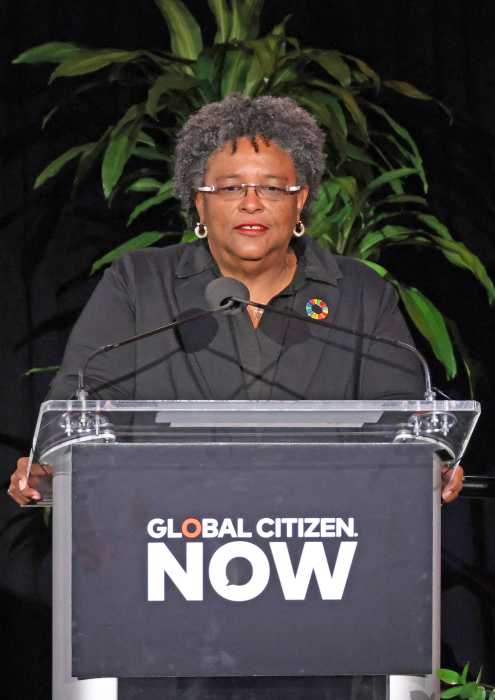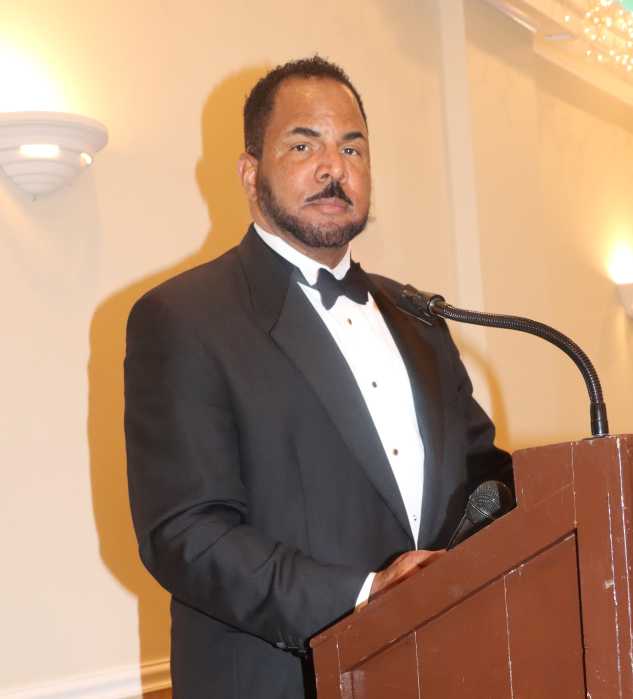It has been 37 years since a bomb ripped through the cabin and cargo compartment of Cubana Flight 455 headed to Cuba, killing all 73 people aboard off Barbados including 11 nationals of the Caribbean Community nation of Guyana.
Once the plane crashed into the turquoise waters of the Caribbean Sea just off the West Coast of Barbados on the afternoon of Oct. 6, 1976 with its 73 passengers, authorities in several countries where the plane had made stops –Venezuela, Guyana, Trinidad and Barbados, immediately pointed fingers to Miami-based Cuban exile groups and the U.S. CIA, blaming them for one of the worst terrorist acts in the history of the English-speaking Caribbean.
Neither the normally very aggressive Cuban exile groups nor the U.S. CIA ever made any convincing attempt to deny involvement in the sabotage of the aircraft as it was designed to hurt the socialist governments of Guyana and Cuba and some of the other Caribbean countries with their so-called Non Aligned foreign policy stances at the time.
In all 73 people, including the entire junior Cuban national fencing team and a group of North Koreans died when the plane crashed into the sea, crippled by a second bomb as it desperately turned back, trying to make an emergency landing at the then, Seawell — now Grantley Adams International Airport.
Last weekend, Cuban diplomats, Barbados and Guyana government officials as well as relatives and other survivors of the 73 who died at Payne’s Bay off Barbados’ scenic West Coast, gathered near the offshore site to recall events on that fateful day, again flailing federal authorities in Washington for the double standards in the way they define and treat incidents of with terrorist attacks that do not necessarily involve Americans.
Cuban Ambassador Lisette Perez Perez argued that the attack was part of sustained U.S. aggression against the communist island at the time, criticizing the feds for never really pursuing the bombers, largely because they had attacked a country with which the U.S. has serious ideological and other differences since the Cuban Revolution more than 50 years ago.
She pointed to the main suspects in the bombing, exiled Cubans Orlando Bosch and Luis Posada Carriles saying they were allowed to walk free despite overwhelming evidence of complicity and action against the aircraft and its passengers.
“Bosch passed away peacefully in Miami, where he lived in complete freedom and impunity after being granted presidential pardon by George Bush, which was negotiated by the Cuban far-right wing. A similar treatment was given to the other perpetrator of this abominable crime. Carriles was neither charged nor prosecuted in the United States. There is a history of injustice in the waters of Paradise Beach in Barbados. The cold–blooded murder of the people on board that passenger plane was a crime against them, their families, and their countries. It was also a crime against Barbados and its people,” she said.
Barbados Cabinet Minister Esther Byer-Suckoo said that the incident remains etched in the memory of local people and all those who were involved or affected by the bombing of the passenger aircraft.
“We continue to remember those who were lost and we continue to call for justice. I reaffirm that the government of Barbados stands in solidarity with all of you and against acts of terrorism and injustice whenever and wherever they occur. The monument remains a telling symbol that we who were touched by this tragedy will never forget it, as we remember those who we mourn today,” she said.

























